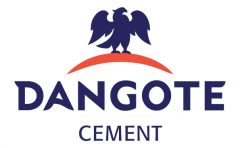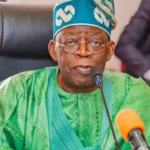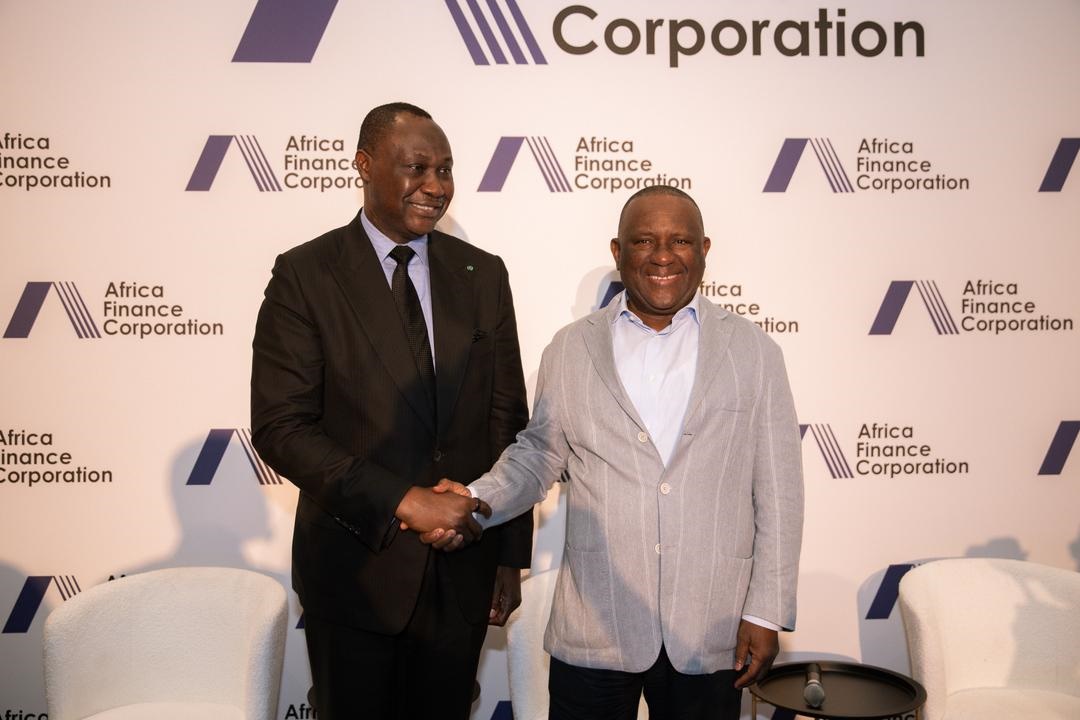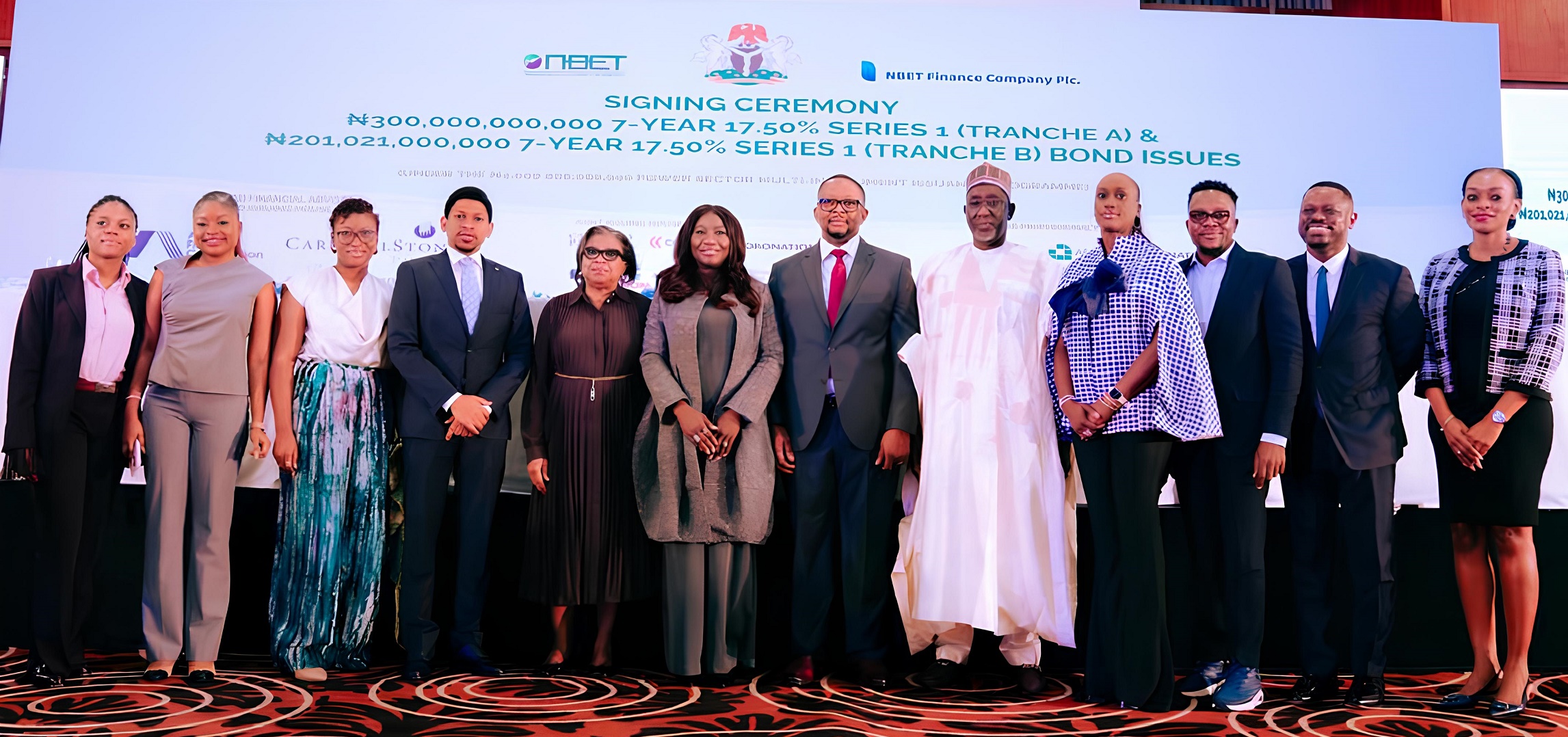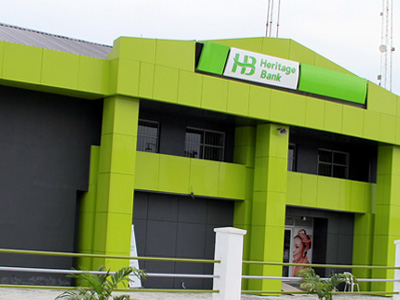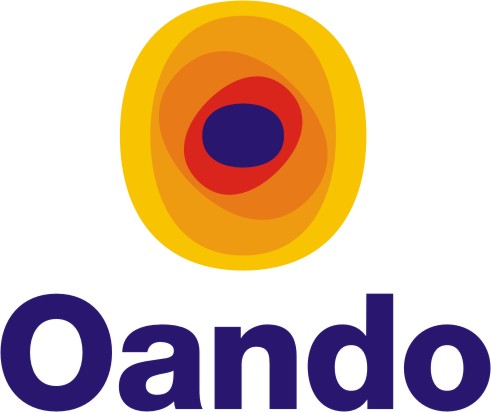
Says Suspension Illegal, Invalid
Dissatisfied with the decision of the Securities & Exchange Commission (SEC) to place its shares on suspension and appoint Deloitte as forensic auditor to probe alleged infractions (including corporate governance breaches) committed, Oando PLC, Nigeria’s largest indigenous energy giant, may have decided to fight back, accusing the capital market apex regulator of bias in its investigation of petitions by two shareholders.
The SEC began its investigation into the alleged infraction in May, following petitions filed by Ansbury Inc. and Alhaji Dahiru Mangal, leading to its placing Oando on suspension on Wednesday, October 18, 2017.
While arguing that it has suffered damage in its reputation and fall in market price since the SEC probe became public knowledge, Oando, on Monday approached the Federal High Court to seek protection from the SEC and the Nigerian Stock Exchange (NSE) on which its shares are listed and traded.
In a statement on Tuesday, signed by Ayotola Jagun, is Chief Compliance Officer & Company Secretary, Oando expressed dissatisfaction with the SEC’s directives, describing it as “illegal, invalid and calculated to prejudice” its operations.
The statement said Oando obtained an ex-parte order from the Federal High Court granting an interim injunction, via an order restraining the NSE from effecting the directive of the SEC to implement a technical suspension of the shares of the company, and an order restraining the SEC from conducting any forensic audit into the company’s affairs pending the hearing and determination of the matter.
The order, obtained on Monday, October 23, 2017, which has been served on the SEC and NSE on Tuesday, the statement continued, is to safeguard the company’s interests and those of shareholders.
An Oando source noted on Tuesday evening that the suit followed the belief by the board and management that the commission has shown bias towards the petitioners, besides the mismanagement of the investigation from inception.
While it is true and public knowledge that the SEC is investigating a publicly quoted company, which has had negative impact on the company’s share and enterprise value, it has also resulted in some shareholders wondering who the SEC is really protecting.
According to the source, “there have been four media leaks to date, with indication that they emanated from the SEC.”
There are also concerns that an indirect and foreign shareholder could wield so much power over a public listed company, with the backing of the SEC, to the detriment of all the other shareholders who ought to also enjoy some protection, while watching “the investment of hundreds of thousands of Nigerian shareholders go down the drain while the public has had to appallingly watch what should have been a closed door investigation play out in the media. For those of us who have invested in Oando and seen the drastic nose dive that its share price has taken, we are deeply saddened by the SEC’s management of this investigation.”
In his reply to a letter by the SEC re-categorising one of the petitioners as a “whistle blower”, contrary to its former position as a “shareholder,” Oando Plc’s Chairman, Oba Adedotun Gbadebo, alleged bias and lack of due process in the way the commission has conducted the investigation. He had sought audience with Mounir Gwarzo, the SEC Director General to present the company’s case, this was however repeatedly denied, even as the company alleged that the commission granted audience to Ansbury Inc, to which it even offered legal advice.
Oando said the most recent action by the regulator confirms that it is working to preconceived conclusion, rather than looking at the facts before it, and acting in the best interests of all, particularly the minority shareholders.
In a letter to the commission also, the company had expressed strong reservations over the findings, while outlining the alleged infractions identified, vis-à-vis details of its own position, highlighting the prescribed penalties for the said offences as set out by the regulators for each infractions. None of them, singularly or together, it noted, warrants the institution of a forensic audit, full or technical suspension of trading in a company’s shares on the NSE.
Furthermore, Oando expressed doubts as to whether the SEC has built a strong enough case to support the conduct of a forensic audit into its affairs, while noting reasons in support of its belief.
Oando Plc argued, among others, that: SEC’s request for a forensic audit to authenticate its findings is a clear contradiction; wondering how the commission arrived at its findings and how it ascribed “the appropriate level of weight to be given to those findings, enough to warrant an immediate suspension followed by a technical suspension of the shares of the Company, especially if those findings are still mere allegations at this point, as the Commission has clearly communicated? “
The company also lamented a situation where the SEC in its letter to Oando copied both petitioners, arguing that it is “prejudicial for petitioners to be copied on correspondence to the investigated party on findings yet to be concluded.”




